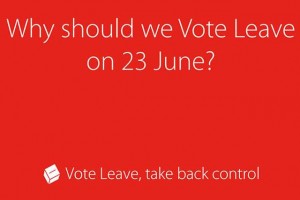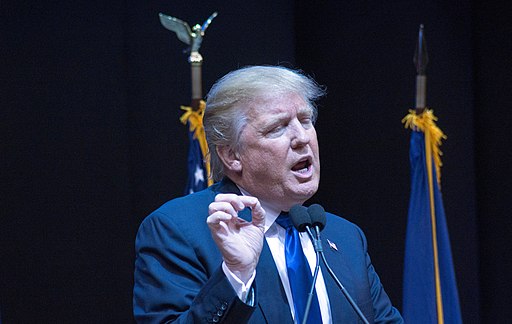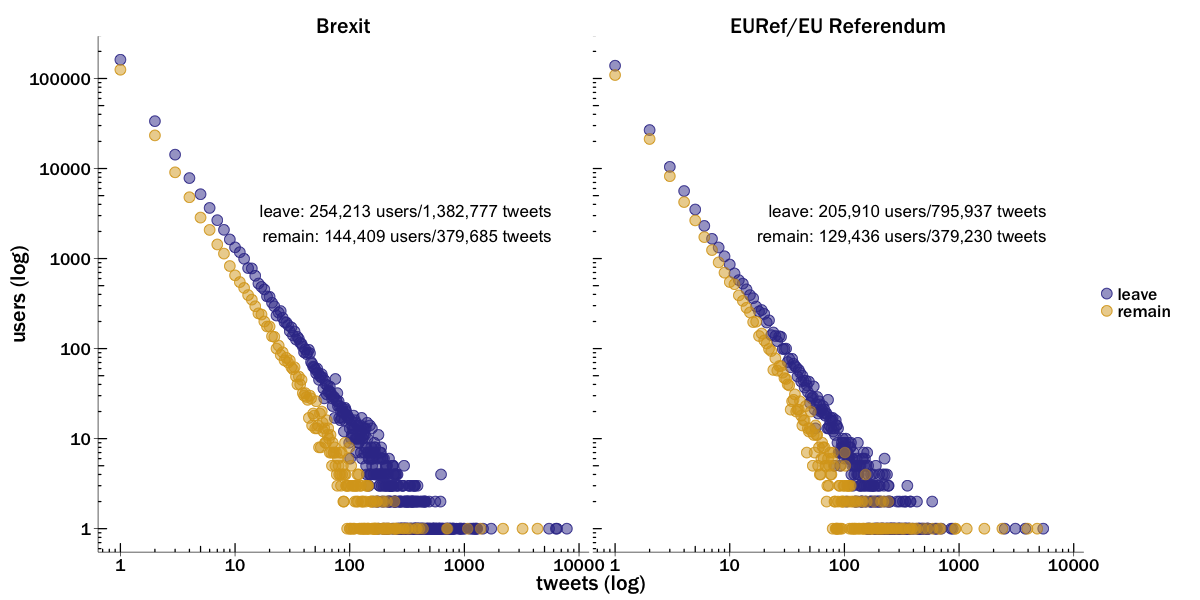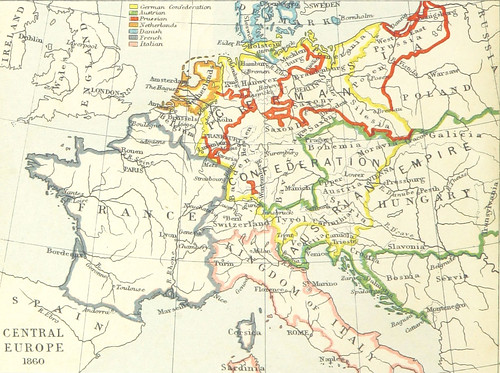By Henry Radice
The slogan ‘take back control’ was widely credited as a key factor in the UK’s vote to leave the EU on June 23rd. That vote revealed many cleavages in how we understand our democracy. One significant one lies between understandings of democracy as the control of power by the majority, and a more subtle notion of democracy as the art of compromise. This latter understanding appears to be in retreat throughout the liberal democratic parts of the world, to say nothing of more fragile political environments.
 The contrast between control and compromise is important, and the lesson it yields sobering. In an ‘interdependent, globalised world’, to recycle the cliché – more-or-less accurate as it happens – the notion of control intervenes as a comforting delusion. It soothes the angst of those who would stop the world in order to get off. But it also appeals to the individual scale, and evokes domestic analogies in which control is seen as something achievable.
The contrast between control and compromise is important, and the lesson it yields sobering. In an ‘interdependent, globalised world’, to recycle the cliché – more-or-less accurate as it happens – the notion of control intervenes as a comforting delusion. It soothes the angst of those who would stop the world in order to get off. But it also appeals to the individual scale, and evokes domestic analogies in which control is seen as something achievable.
Indeed, the use of domestic analogies has become both widespread and problematic in both national and international political discourse. Witness the success in the UK of the frequent comparisons between the UK economy and a putatively overstretched, finite household budget. ‘Taking back control’ evokes a world in which borders can be as solid and straightforward as the walls of a house, where an Englishman’s home is his castle and it is his right to raise the drawbridge when feeling besieged (though he would be wise in such circumstances to have an adequate stock of provisions, or, in other words, a plan…). Continue reading







 The EU is a relatively new entrant to the complicated politics of the South Caucasus. Co-operation with Azerbaijan increased at the turn of the century due to the country’s significant energy repositories and became more formalised with the EU’s Eastern Partnership initiative, launched in 2009 along with Armenia, Belarus, Georgia, Moldova and Ukraine. Here, the EU’s “more-for-more” approach would — in return for internalising the acquis communautaire — grant benefits such as visa-free travel and privileged trade agreements.
The EU is a relatively new entrant to the complicated politics of the South Caucasus. Co-operation with Azerbaijan increased at the turn of the century due to the country’s significant energy repositories and became more formalised with the EU’s Eastern Partnership initiative, launched in 2009 along with Armenia, Belarus, Georgia, Moldova and Ukraine. Here, the EU’s “more-for-more” approach would — in return for internalising the acquis communautaire — grant benefits such as visa-free travel and privileged trade agreements.


